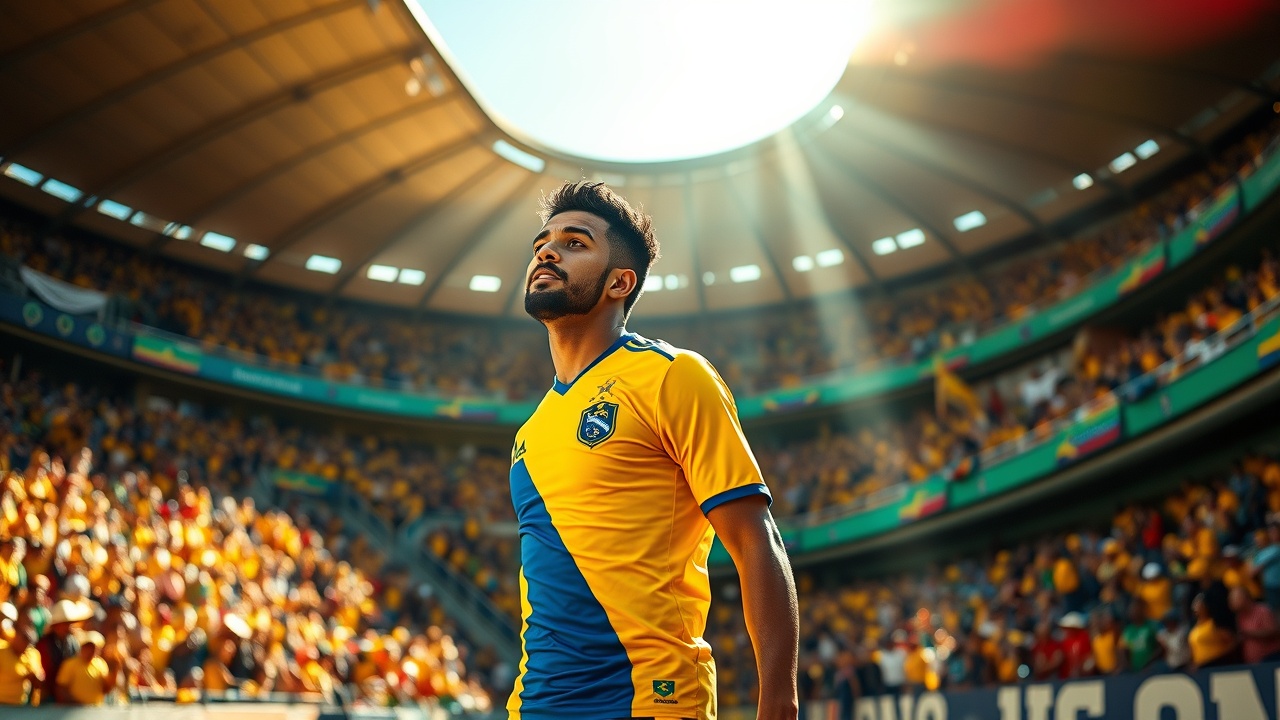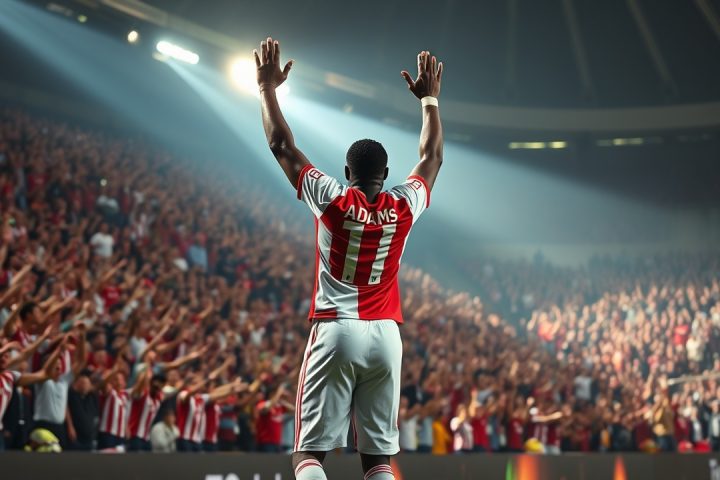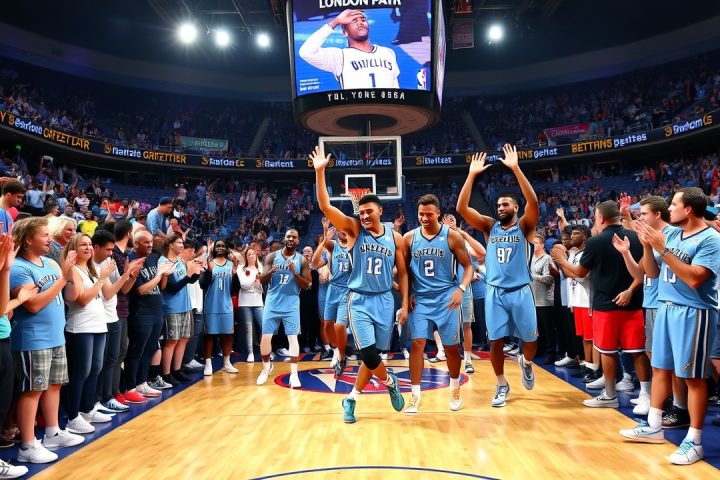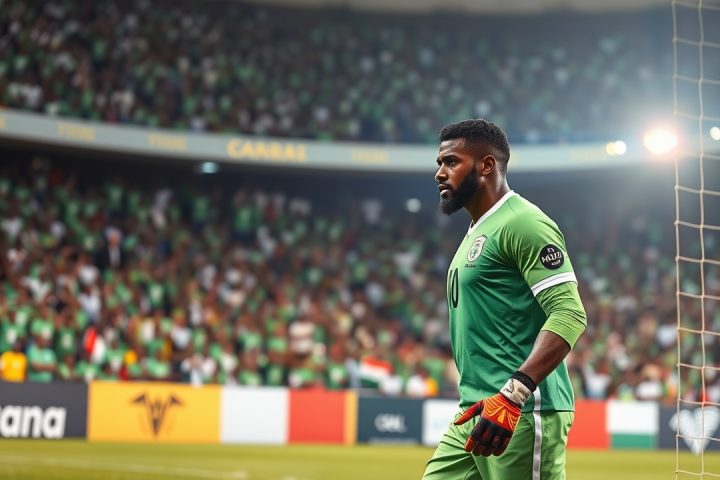Mamelodi Sundowns: The Pinnacle of South African Football
Mamelodi Sundowns have solidified their place as the pinnacle of South African football by clinching their eighth consecutive Premiership title in May, raising their tally to 15 domestic championships. This remarkable achievement outstrips rivals Orlando Pirates and Kaizer Chiefs, both of whom have just four titles each. The team’s extraordinary success can be attributed to the significant investments made by their owner, Patrice Motsepe, a billionaire in the mining sector. Since becoming the president of the Confederation of African Football (CAF) in 2021, he has entrusted the club’s management to his son, Tlhopie.
Continental Success and Challenges
Their track record is not limited to local honors; the Sundowns also showcased their prowess on the continental stage by reaching the CAF Champions League final. However, they faced a setback against Egypt’s Pyramids, losing the title by an aggregate score of 3-2. The club’s off-field organization is lauded for its competitiveness, rivaling top clubs in Europe. This is bolstered by a seasoned squad rich in experience, forming the core of the South African national team that made it to the semi-finals of the Africa Cup of Nations (AFCON) in 2024.
As South Africa prepares for its upcoming AFCON campaign in Morocco, Sundowns are among the favorites and are also on track to qualify for the World Cup next summer—an event they haven’t participated in since 2010. In the Club World Cup, Sundowns will face tough competition in Group F, where they will match up against Borussia Dortmund, Fluminense, and South Korea’s Ulsan, with their debut fixture against Ulsan being crucial for their aspirations.
Club World Cup and Tactical Evolution
Notably, Sundowns secured their spot in the Club World Cup as the second-best eligible team after consistently reaching the quarter-finals of the CAF Champions League for seven years in a row. The club’s signature style, dubbed ‘shoeshine and piano’—akin to the tiki-taka philosophy—is characterized by meticulous passing, ball control, and a strategic approach that emphasizes building play from the back.
Under Portuguese coach Miguel Cardoso, who joined in December after leading Esperance to a Tunisian league title, Sundowns have integrated a more disciplined defensive strategy along with an enhanced focus on set pieces. While some critics argue that Cardoso’s tactics stray from the club’s traditional philosophy, they have undeniably produced positive results.
Player Highlights and Future Prospects
Since their first CAF Champions League victory in 2016, Sundowns have consistently delivered memorable performances, reaching the final this year after eliminating the revered Al Ahly. A last-minute equalizer from Pyramids in Pretoria during the first leg took a toll on their championship run. Cardoso’s coaching career has deep European roots, including stints at notable clubs like Porto, where he learned under José Mourinho’s guidance during their Champions League triumph.
Key players include Lucas Ribeiro, the leading scorer of the South African Premiership with 16 goals, alongside fellow Brazilian presence and rising star, Manuel Allende. Although the team features a mix of international talents, it is Themba Zwane, the 35-year-old captain, who remains a fan favorite. After recovering from a serious Achilles injury, he played an instrumental role despite the team’s average age being close to 30 during the CAF final.
A younger player to watch is Jayden Adams, who joined recently and is anticipated to become a regular starter. The colloquially known ‘Brazilians’, owing to their bright yellow kit and dynamic playing style, have undergone significant management changes since Motsepe’s acquisition in 2003—employing renowned coaches such as Hristo Stoichkov and Johan Neeskens.
Implications of Dominance
The dominance of Sundowns raises ongoing debates in both national and continental contexts about the implications of such supremacy in a league, drawing parallels to Bayern Munich due to their financial resources and ability to attract talent. Yet it’s important to note that when Motsepe took the reins in 2003, Sundowns had already claimed four top-tier titles, indicating that their success isn’t solely built on wealth. Despite facing rivalry from popular teams in Soweto, Sundowns boasts a passionate fanbase rooted in Mamelodi, near Pretoria.
Their sustained success has arguably elevated the standard of South African football, paving the way for player and coaching development and reshaping perceptions of African clubs’ potential when adequately funded.




